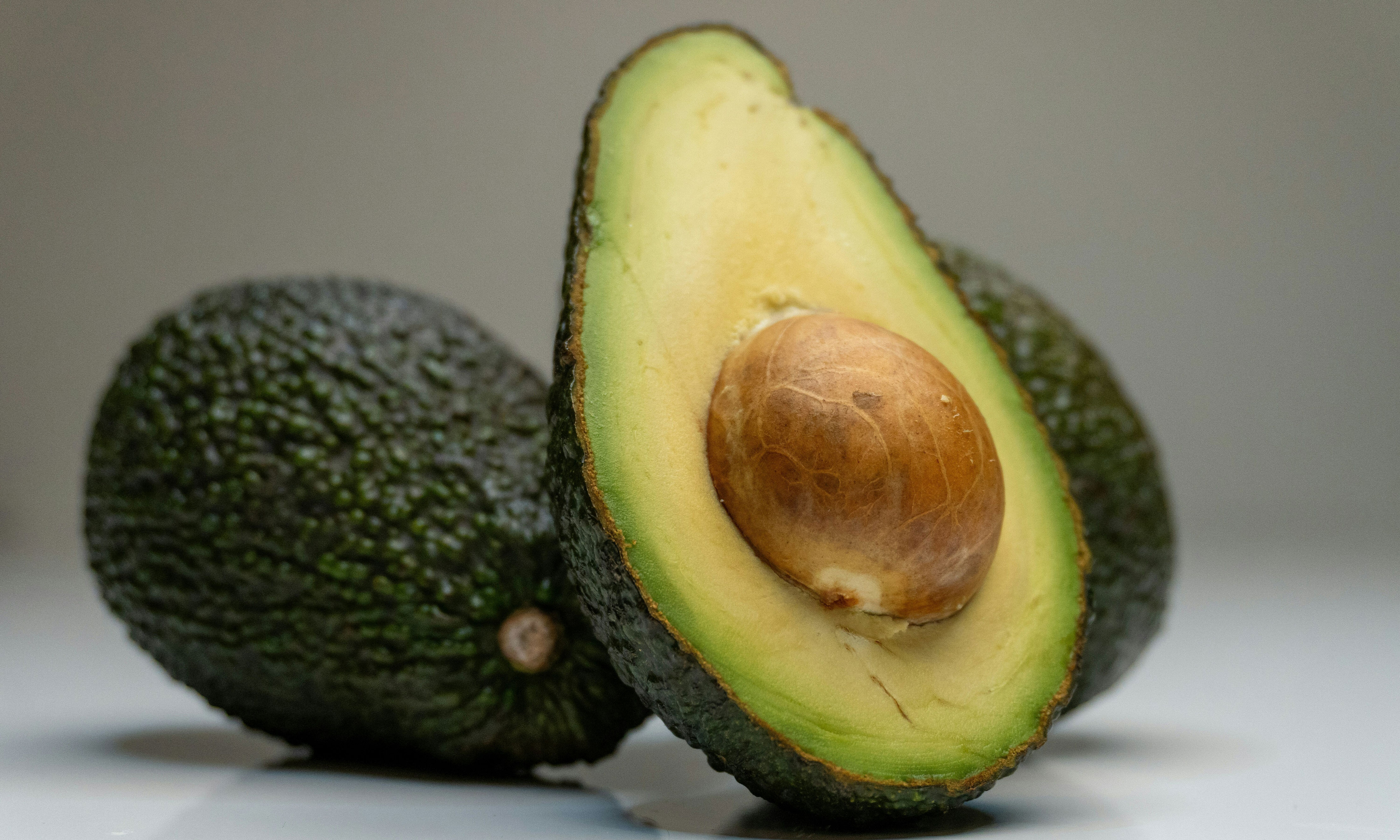
Incorporating one avocado into your daily diet may bring about lasting enhancements to your gut, heart, brain, and overall well-being.
According to the U.S. Department of Agriculture, a typical avocado contains 322 calories, 17 grams of carbohydrates, 14 grams of fiber, 4 grams of protein, 30 grams of total fat, 4 grams of saturated fat, 14 grams of sodium, and has no sugars present.
:
Improve your gut health
Avocados are abundant in fiber, a nutrient that is directly related to better gut health. The fiber content in one avocado provides nearly half of the recommended daily intake of 25 to 30 grams.
Research shows that daily avocado consumption leads to an increased abundance of fiber-fermenting bacteria in the gut, producing more short-chain fatty acids and lowering the levels of harmful bile acids.
It can be particularly advantageous because high bile acid levels are linked with gut inflammation and issues like gallbladder problems. Lowering these levels may also help lessen unexplained diarrhea and nutrient malabsorption.
Maintain a healthy weight
A six-month study discovered that people who consumed one avocado daily kept their body weight steady, implying that regular avocado consumption does not necessarily cause weight gain.
A study discovered that regular consumption of avocados daily may aid in preventing weight gain. Another study published in The Journal of Nutrition found that eating one avocado daily could potentially decrease visceral fat in women.
The key to avocados' influence on weight management lies in their fiber and monounsaturated fat content. Fiber contributes to a feeling of fullness, enabling you to stay satisfied for longer, while monounsaturated fats (especially oleic acid) can lower fat storage when consumed in moderation, according to a 2021 review in Nutrients.
Lower your likelihood of suffering from heart disease
Avocados are rich in several essential nutrients that support heart health, such as potassium, magnesium, fiber, folate, monounsaturated fats, polyphenols, and antioxidants.
Food researchers found that consuming avocados was linked to a 16 to 22 percent decrease in the risk of cardiovascular disease and coronary heart disease. They found that replacing half a serving of butter, margarine, cheese, or processed meats with avocado could have a significant impact on this risk reduction.
Apparently, avocados help decrease oxidized LDL cholesterol, which plays a significant role in causing narrowed arteries.
Improve your brain function
Avocados contain lutein, a carotenoid located in the human brain, thought to possess antioxidant and anti-inflammatory properties that aid in safeguarding brain cells.
Discovered that older adults who consumed avocado or guacamole showed significantly improved cognitive scores, with a notable enhancement in memory performance. This is particularly significant, as memory is typically one of the first cognitive functions to decline in individuals suffering from neurodegenerative diseases.